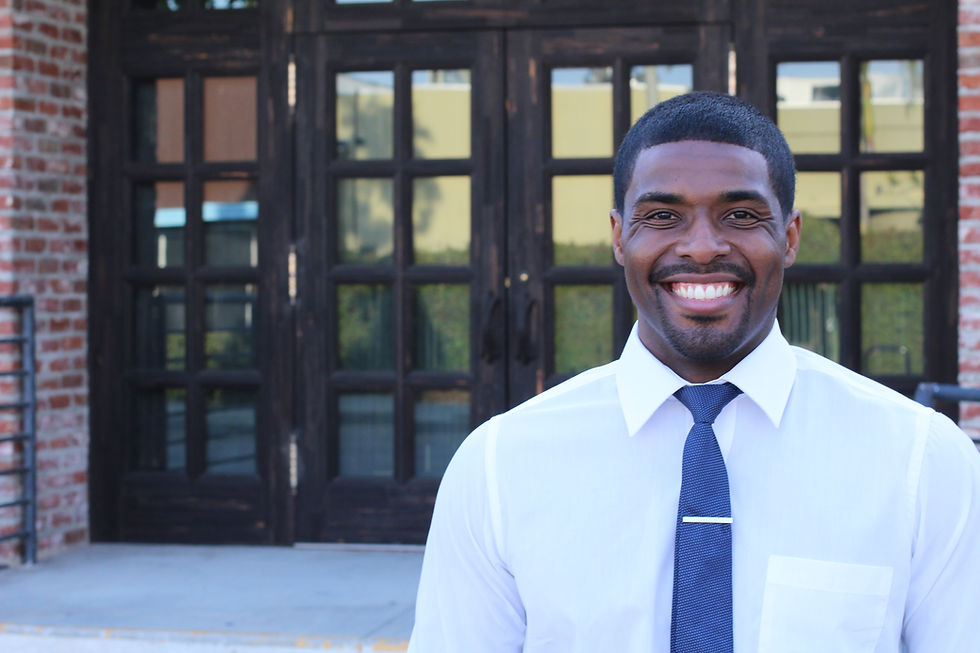Celebrating Martin Luther King, Jr. and his philosophy on education
- Stephen J. Alford

- Jan 16, 2023
- 3 min read
Martin Luther King Jr. believed that education was a fundamental right and a key tool for achieving racial equality and social justice. He believed that education was not just about acquiring knowledge and skills, but also about developing the whole person, including their character and moral values. He saw education as a means to empower individuals and communities, and to break the cycles of poverty and discrimination.

King emphasized the importance of equal educational opportunities for all, regardless of race, gender, or socio-economic background. He argued that education was essential for breaking the cycle of poverty and for providing individuals with the skills and knowledge they needed to participate fully in society. King also believed that education was essential for promoting political and social change, and for creating a more just and equitable society.
King's views on education were rooted in his belief in the inherent worth and dignity of all people. He believed that every individual had the right to reach their full potential, and that education was a key tool for achieving this goal. He also believed that education was essential for fostering critical thinking, creativity, and a sense of social responsibility.
King recognized that there were significant barriers to achieving equal educational opportunities for all, particularly for African Americans. He called for the desegregation of schools and for the elimination of discriminatory practices, such as tracking and ability grouping. He also advocated for increased funding for schools in low-income communities and for the expansion of educational programs that served the most marginalized populations.
It can be argued that Martin Luther King Jr. would be both encouraged and disappointed by the state of education equality in America today. On one hand, there have been some advancements in increasing access to education for all students, regardless of race or socio-economic background. On the other hand, there are still significant disparities in educational opportunities and outcomes for students of color and those from low-income backgrounds.
Encouragingly, there have been some advancements in addressing educational disparities since King's time. The federal government has implemented programs such as Title I, which provides funding to schools with high percentages of low-income students, and the Individuals with Disabilities Education Act (IDEA), which ensures that students with disabilities receive a free and appropriate education. Additionally, the number of students of color attending college has increased in recent years.
However, despite these advancements, significant disparities in educational opportunities and outcomes still exist. Students of color and those from low-income backgrounds are still disproportionately represented in under-resourced schools, and they often receive an education that is inferior to that of their more affluent peers. According to the National Center for Education Statistics, the graduation rate for African American students is still lower than that of white students. Furthermore, a report by the National Center for Education Statistics found that the average Black student is more likely to attend a school that is less experienced, less qualified, and less effective than the average white student.
Martin Luther King Jr. believed that education was a fundamental right and a key tool for achieving racial equality and social justice. He recognized the importance of equal educational opportunities for all, and called for the elimination of discriminatory practices, the desegregation of schools and the expansion of educational programs that served the most marginalized populations. His belief that education is essential for promoting political and social change, and for creating a more just and equitable society still holds true today.




Comments